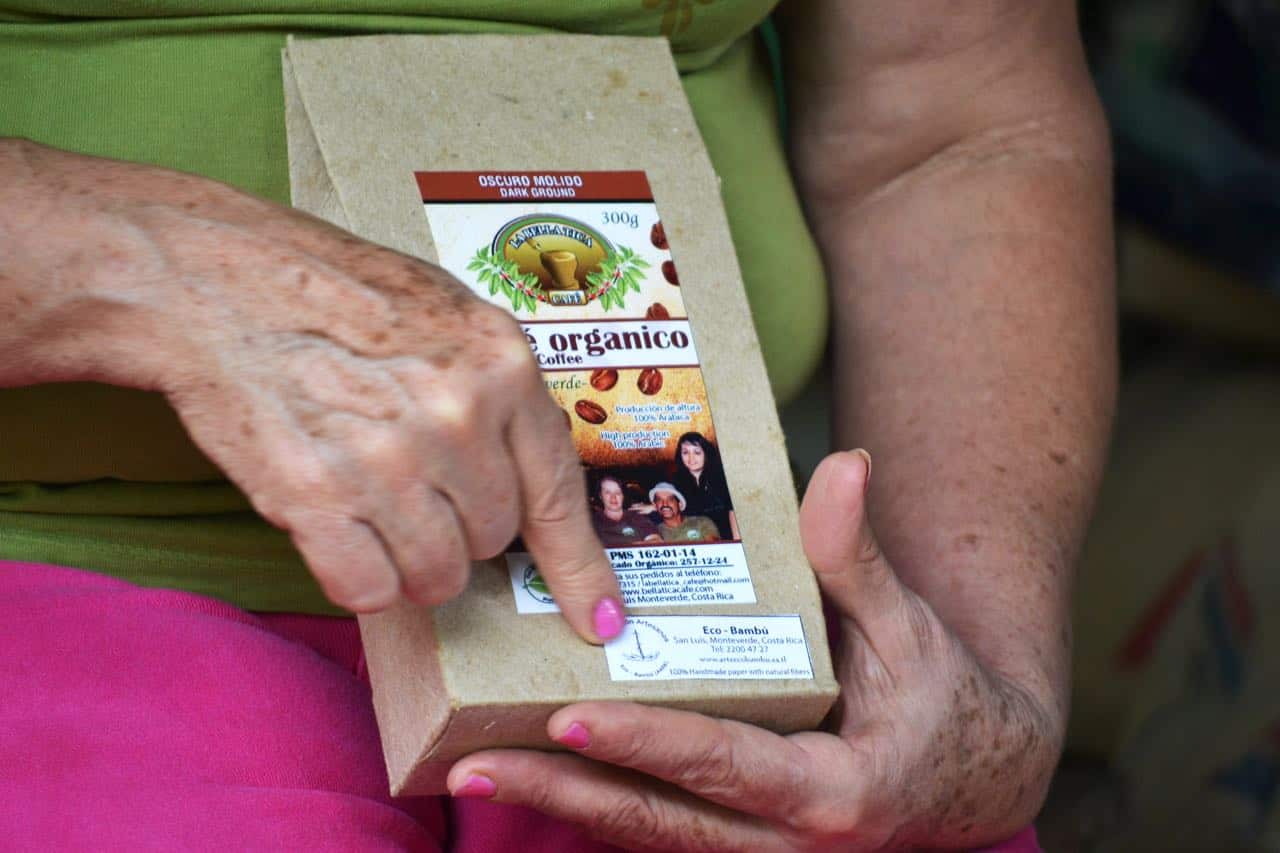A new plan jointly funded by the Spanish International Cooperation Agency and the Costa Rican Coffee Institute (ICAFE) aims to establish clear denominations of origin and geographic indicators –norms and labels that identify a product’s origin and certify its quality – for Costa Rican coffee.
By doing so, ICAFE hopes to further differentiate the country’s coffee production from that of the rest of the world. Differentiation will result in better international coffee prices, according to the institute.
Last Friday, representatives of the central Spain region of La Rioja’s Regulator Council for the Qualified Denomination of Origin – the organization in charge of administrating and certifying denominations of origin for the region’s wines – visited the country to meet with ICAFE and discuss preliminary plans for the project.
“GIVEN the experience they have with issues such as denomination of origin, geographic indicators and agro-tourism, we were very excited when the Spanish Foreign Cooperation Agency recommended we speak with La Rioja’s Council,” said ICAFE president Juan Bautista Moya.
“Spain has experience in both the technical and legal aspects of denomination of origin.” The three-year project is the result of six months of negotiations between ICAFE and the Cooperation Agency, aimed finding new ways to help Costa Rica’s coffee producers counteract the low international prices coffee has suffered in recent years as a result of a worldwide production surplus (TT, Nov. 21, 2003).
During the project’s first year, the Cooperation Agency will donate 70,000 Euros ($87,500). The budget for the next two years has not been defined.
“FOR Rioja and the Council of Qualified Origin, it’s an honor to assist the Coffee Institute in this effort,” said Angel de Jaime Barú, president of the Council.
“A great parallel can be drawn between La Rioja’s wine and Costa Rica’s coffee. Both are world-renowned regions known for what they produce. Both products are known for their quality, originality and promotion. Like La Rioja, Costa Rica can benefit from establishing clear denominations of origin.”
Barú noted that Costa Rican coffee, like la Rioja’s wine, despite representing only a small fraction of the world’s total production, has managed to earn recognition in export markets. In that sense, denominations of origin will help to further differentiate the country’s production its competition.
“The goal is to give the product a value-added that stays with the producer,” Barú explained. “If quality is controlled and guaranteed, the consumer will be willing to pay extra for a product.
“DENOMINATIONS of origin help products stand out against today’s increasingly standardized production,” he said. Moya agreed.
“We know we have excellent coffee –the best in the world,” he said. “Now we have to make sure it’s differentiated and protected.”
The first phase of the project will consist of fieldwork. The ICAFE and the council will study each of Costa Rica’s coffee-producing regions and identify which ones can be subject to a differentiated denomination of origin.
The fieldwork phase, according to Barú, will not be that difficult given the great deal of work Costa Rica has already done in outlining many of its specialty coffee regions. Several regions, such as the Santa María de Dota-Tarrazú, already possess international recognition.
Differentiated regions are those that produce a specific product under certain quality standards. The product must play an important part in the history and culture of the community that produces it, Barú explained.
ONCE the areas have been defined, a general denomination of origin for the country’s coffee and specific denominations for different regions will be created under the country’s Trademark and Copyright Law.
In addition to helping with the development of denominations of origin, the project also aims to locate and develop agro-tourism possibilities for coffee producers.
Barú said agro-tourism, such as Café Britt’s renowned Coffee Tour, are a valuable source of additional revenues for producers, which also work to strengthen the ties between a product and its consumers.
“Today, consumers are very interested in how the products they consume are produced,” he explained. “Once they get to know a product first hand, more than consumers, they become friends. They go home and continue to buy the product.
They also tell their friends.”
In La Rioja, winery tours attract thousands of tourists each year. This creates additional jobs beyond agriculture, which help sustain rural development and provide an alternative to moving to the cities, he said.
IN related news, the international price of Costa Rican coffee continued to bounce back. According to ICAFE, the average price of a 46-kilogram bushel of Costa Rican coffee in New York in January was $74.19, up from $61.93 in November 2003.
The current price is significantly higher than the low of $47.37 in October 2001, but far from the all-time high of $220.90 per bushel in September 1994.
According to the International Coffee Organization (ICO), the price increase is part of a worldwide trend caused by decreased production by Brazil, the world’s largest producer, and other important producers.
ICO estimated this year’s supply of coffee will fall below demand for the first time in six years.






